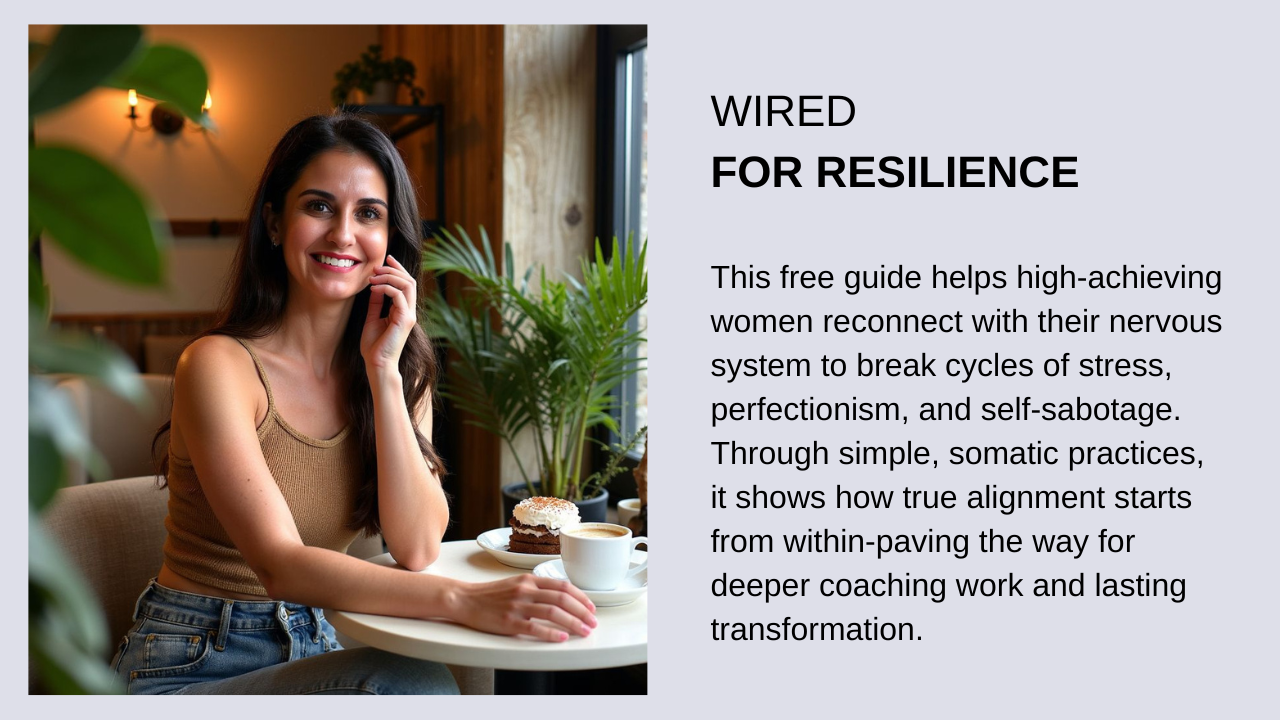Which Nervous System is Fight or Flight? 7 Nervous System Questions Answered
Aug 30, 2025
Understanding the nervous system can change the way you see your health, stress, and even your relationships. Below are simple, clear answers to the most common questions people about the nervous system.
- Why the nervous system is important
The nervous system is important because it is the body’s command center. It controls heartbeat, breathing, movement, emotions, and stress responses. A healthy nervous system supports resilience, emotional regulation, and overall well-being.
- Where is nervous system located
The nervous system is located throughout the entire body. It includes the central nervous system (CNS) — the brain and spinal cord — and the peripheral nervous system (PNS), which connects the brain and spinal cord to the rest of the body.
- What nervous system is fight or flight
The sympathetic nervous system is what controls fight or flight. It activates under stress, increasing heart rate, raising blood pressure, and preparing the body to respond to danger.
- Which nervous system controls involuntary muscles
The autonomic nervous system (ANS) controls involuntary muscles, like those in digestion, the lungs, and blood vessels. These actions happen automatically without conscious thought.
- What nervous system controls skeletal muscles
The somatic nervous system controls skeletal muscles. These are the voluntary muscles that allow you to walk, lift, stretch, or practice yoga.
- Which nervous system controls the heartbeat
The autonomic nervous system controls the heartbeat. The sympathetic branch speeds it up during stress, while the parasympathetic branch slows it down when the body is calm and resting.
- Which nervous system control involuntary action
The autonomic nervous system also controls involuntary action, including breathing, digestion, sweating, and blinking. These processes keep the body alive without needing conscious control.
What This Means for You
Knowing about the nervous system is one thing. Living differently through it is another.
This is where embodiment work becomes so important. When stress or old patterns show up, your body reacts before your mind has time to catch up. You can tell yourself to “stay calm” or “think positive,” but if your body is stuck in survival mode, it won’t land.
Embodiment practices create a bridge between insight and integration. They teach your system safety in real time through neurotools, somatic experiencing and parts work. Over time, this rewires how you respond under pressure.
Why it matters:
- You stop reacting from old patterns (snapping, shutting down, overthinking).
- You build steadiness, so challenges no longer throw you off course.
- You create space to lead, connect, and make decisions from clarity instead of reactivity.
This isn’t about forcing your way into calm. It’s about teaching your body what calm feels like, so it becomes available even in hard moments.
👉 To learn more about how somatic work can help you build resilience and regulation, book a free call with Karen Ann.
👉 To learn more about the nervous system follow Karen Ann Wellness.
Stay connected with news and updates!
Join our mailing list to receive the latest news and updates from our team.
Don't worry, your information will not be shared.
We hate SPAM. We will never sell your information, for any reason.


